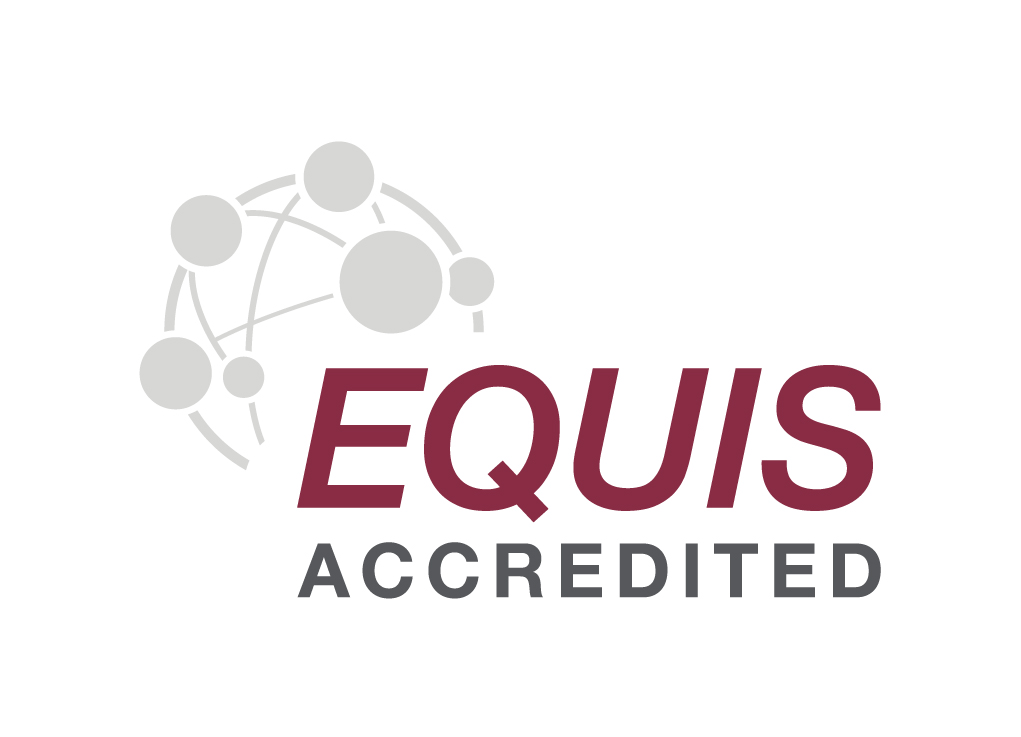SBE awarded five-year EQUIS re-accreditation!
We are delighted to announce that SBE has been awarded renewal of our EQUIS accreditation for the maximum length of five years. This achievement continues SBE’s membership of a select global group of business schools that hold this accreditation. EQUIS is the leading international system of quality assessment, improvement, and accreditation of higher education institutions in management and business administration. Its fundamental objective is to raise the standard of management education worldwide.
“The five-year reaccreditation of SBE is testimony not only to the high quality of our research, education, and impact but also to the sound underlying processes. What makes me especially proud and happy is that EQUIS commended us for our clear strategy and focus on research-intensive societal impact! Congratulations and well done to all of SBE – and to UM, of course!” - Peter Møllgaard, Dean at Maastricht University School of Business and Economics.
"The SBE community is proud of the EQUIS acknowledgment of SBEs collegiality, world-class education and impactful research." - Gaby Odekerken - Schröder, Associate Dean for internationalisation and collaboration.
Triple Crown Accredited
In addition to our EQUIS accreditation, SBE has also been awarded AACSB accreditation (USA) and AMBA accreditation (UK), putting us among the 1% of business schools to be Triple Crown Accredited.
About EQUISThe EFMD Quality Improvement System (EQUIS) was created in 1997 with a commitment to internationalisation, respect for diversity, and the importance of corporate connection. The goal of EQUIS is not only to provide accreditation for business schools but to improve the quality of management education around the world. Since January 2013, the EQUIS assessment process has fully embedded ethics, responsibility, and sustainability. EQUIS benchmarks each school against international standards in which they thoroughly quality check ten different areas, namely, governance, programmes, students, faculty, research, internationalisation, ethics, responsibility, and sustainability, as well as engagement with the world of practice. The quality is then peer-reviewed by a board of experienced senior management position holders. |
Also read
-
Higher air pollution increases the likelihood of people voting for opposition parties rather than ruling parties. This is the major finding of research by Nico Pestel, a scientist at the Research Centre for Education & Labour Market (ROA) at the Maastricht School of Business and Economics.
-
On the 18th of April, the Fair & Smart Data (FSD) Spearhead hosted the second event of its farmer-centric data governance event series. The event, titled “The Business Case for Farmer-centric Data Governance in the Global South,” aimed to explore the desirability, feasibility, and viability of...
-
Our lives are intertwined with smartphones, TVs, computer devices, and electronic appliances. However, the benefits they bring come at a price. Especially when consumers are encouraged to replace their devices rather than repair them.



